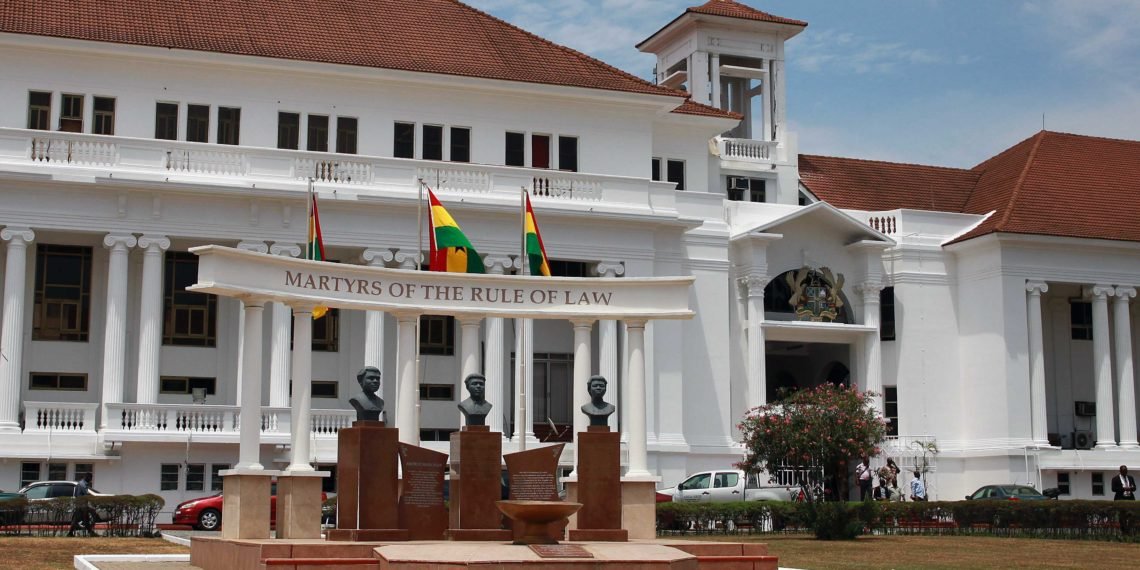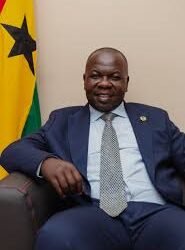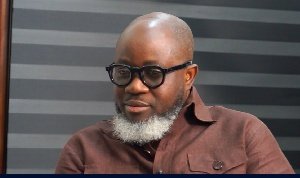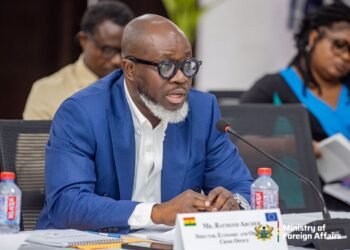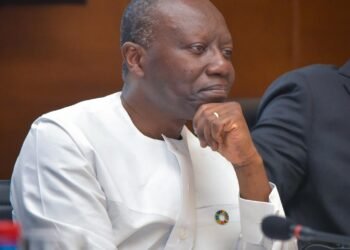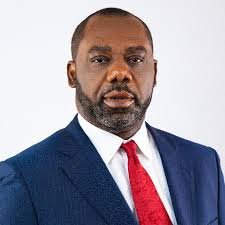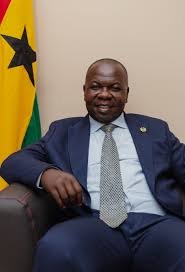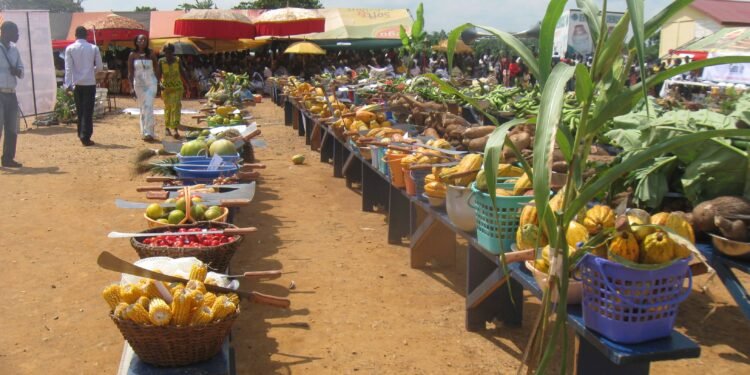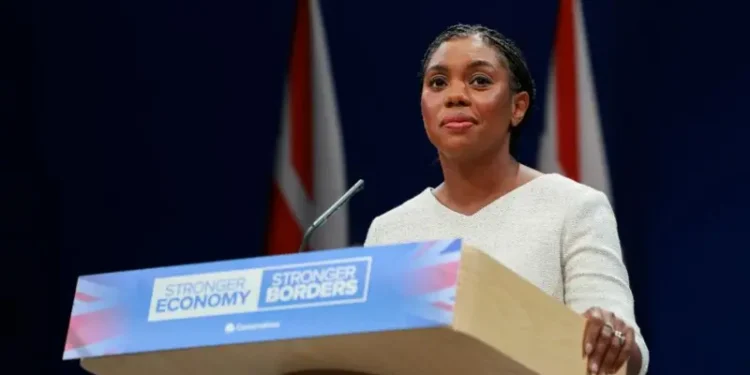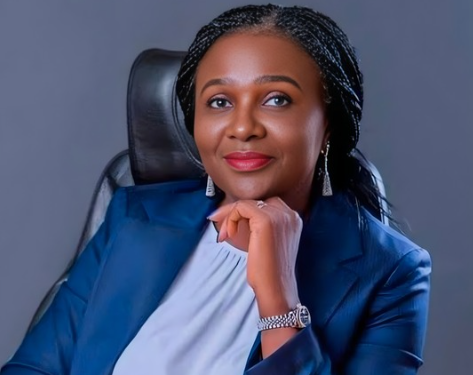The Supreme Court of Ghana has set out Thursday February 11, 2020 to decide whether the Electoral Commission (EC)Chairperson, Jean Mensah, will enter the witness box to testify in the ongoing presidential election petition.
The panel of judges for the hearing headed by Chief Justice Anin Yeboah, announced the decision during today’s court proceedings after the lead counsel for the petitioner, Lawyer Tsatsu Tsikata insisted that the EC Chairperson be made to enter the witness box to testify.
This was after all three parties in the case made their submissions known in respect of calling witnesses.
Prior to the court’s decision, lead counsel for the petitioner, Lawyer Tsatsu Tsikata asked the court to let the EC Chairperson, Jean Mensa, testify to bring about fairness and justice.

According to him, the EC chair who acted as the Returning Officer for the December 7 election is at the heart of the election petition case and argued also that, once the first respondent (Electoral Commission) has already indicated its readiness by filing a witness statement, it should call on it’s witness.
“By filing it’s witness statement the first respondent has crossed the bridge as far as cross examination is concerned. That ship has already been crossed, so she cannot back out now.
“In respect of an answer to our petition, she signed a statement of truth. All these affidavits she signed are before this court already. Undoubtedly, she knows the truth is what will make you free and instead of coming forward as a witness, she said no.”
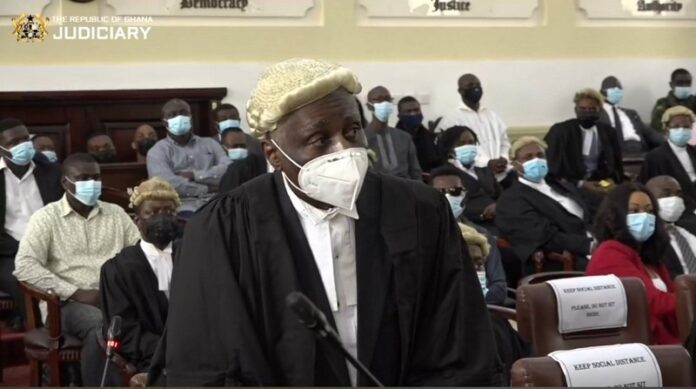
Lawyer Tsikata further asked the court to not allow the respondent (Jean Mensah), to adduce evidence in the interest of justice. He also stated that, it is an affront to justice and also not in accordance to the rules of the court if she refuses to testify.
Still standing firm on their decision, Counsel for the first respondent Justin Amenuvor, who was first to announce that it has closed its case and in effect will not call any witnesses, maintained that the commission does not see it fit to prove its case further.
With reference to law, Mr Amenuvor pointed out that a court cannot direct a witness to testify saying he believes it is the duty of the petitioner (John Mahama) to prove the matter before the court.
He then urged the court not to engage itself in an arena of conflict but rather allow the parties themselves to choose their witnesses.
“As it stands now, there is no rule that directs the respondent testify.”
Also speaking on the decision, Counsel for the second respondent Lawyer Akoto Ampaw said the second respondent (Nana Akufo-Addo) does not need to prove anything.
He argued that it is only when the defendant, who in this case is the President, desires a determination to be made in his favour that he calls a witness.
According to him, the petitioner by law cannot compel the respondent to enter the witness box. Mr Ampaw also said that the petitioner should be happy that the court will soon bring the petition hearing to a close.

